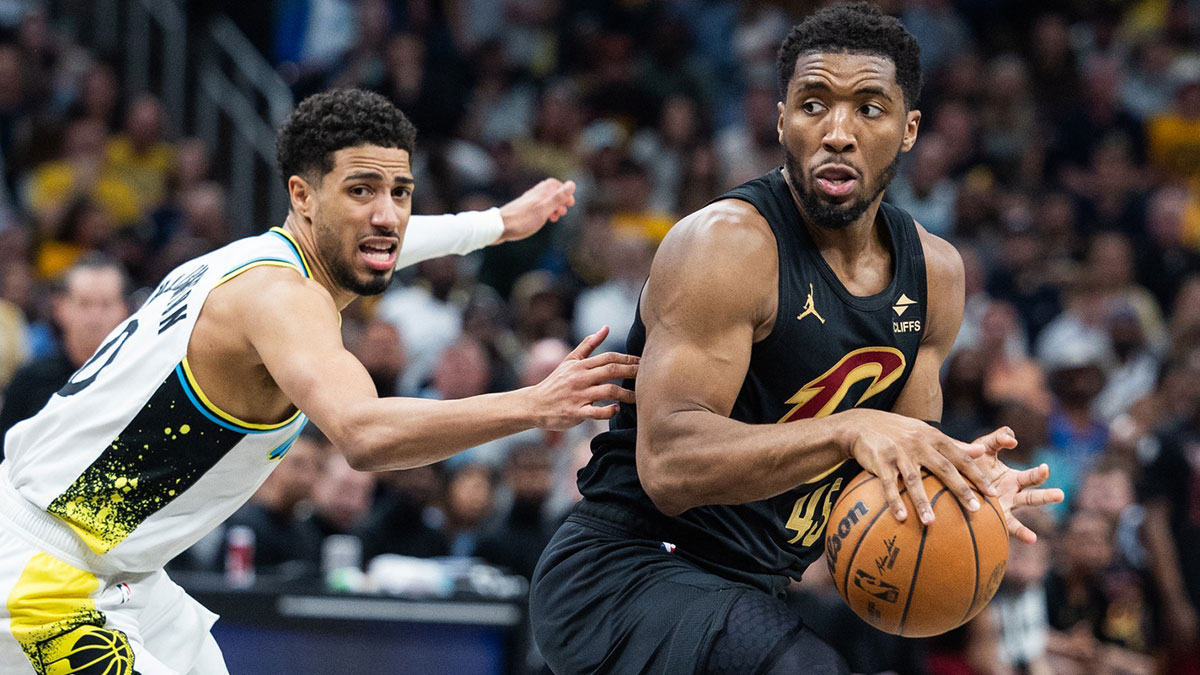The Cleveland Cavaliers find themselves in a tough position heading into the offseason following a heartbreaking playoff exit. After a dominant regular season — highlighted by 64 wins, the league’s top offensive efficiency, and Evan Mobley earning Defensive Player of the Year — hopes were high for a deep playoff run under Coach of the Year Kenny Atkinson.
But those hopes were quickly dashed as injuries ravaged the team. Key players like Darius Garland, Mobley, De’Andre Hunter, and Donovan Mitchell were all hampered or sidelined, allowing the Indiana Pacers to capitalize and knock Cleveland out.
Now, the Cavaliers are facing a new challenge: the financial constraints imposed by the NBA’s latest collective bargaining agreement. With core players Mitchell, Garland, Mobley, and Jarrett Allen all on large contracts, and with the team’s total payroll pushing past the $218 million mark — above the league’s second apron threshold — the Cavs have very little flexibility.
This threshold brings severe limitations, removing key tools like mid-level exceptions and salary aggregation in trades.
As a result, Cleveland must make difficult decisions about its roster. Mobley’s new max contract (boosted by his DPOY win) and Mitchell’s extension are locked in. Garland’s repeated injuries could make him the odd man out, given his high value on the trade market.
Meanwhile, moving Allen could allow the Cavs to shift Mobley to center — potentially improving floor spacing and aligning the offense with modern NBA trends. Either way, the front office can no longer afford to just “run it back” — tough choices lie ahead.

